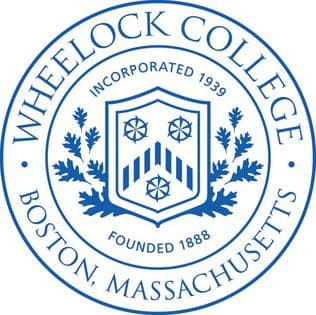Wheelock College, now integrated into Boston University, offered a range of specialized programs focused on education, human development, and social services. The main courses taught at this campus emphasized practical, hands-on learning in fields critical to child and family welfare.
- Early Childhood Education: This program prepared students to teach and care for young children from birth through age eight. Courses covered child development theories, curriculum design, inclusive education practices, and family engagement strategies. Students engaged in fieldwork placements in preschools and daycare centers, learning to create nurturing environments that foster cognitive, social, and emotional growth.
- Elementary Education: Focused on grades K-6, this track included pedagogy, literacy instruction, mathematics education, science teaching methods, and classroom management. Emphasis was placed on diverse learner needs, integrating technology in teaching, and promoting social justice in the classroom. Clinical experiences in public schools allowed students to apply lesson planning and assessment techniques.
- Human Development: Courses explored lifespan development, psychology of adolescence, family dynamics, and cultural influences on behavior. Students studied research methods, counseling basics, and intervention strategies for at-risk populations, preparing for roles in nonprofits or community programs.
- Social Work: This concentration delved into child welfare, family services, and advocacy. Core classes included social policy analysis, ethics in social work, case management, and trauma-informed care. Field internships in agencies provided real-world exposure to supporting vulnerable families.
- Child Life Specialization: Unique to Wheelock, this program trained students to support children and families in healthcare settings. Topics included play therapy, medical play, coping with illness, and hospital-based interventions. Graduates became certified child life specialists, aiding pediatric patients through creative and therapeutic activities.
- Arts in Education: Integrating visual arts, music, theater, and dance into teaching, courses taught how to use creative expression for learning across disciplines. Students learned to design arts-infused curricula that enhance creativity and emotional expression in schools.
- Special Education: Addressing diverse abilities, this area covered individualized education plans, behavior analysis, assistive technologies, and inclusive practices. Preparation for certification included strategies for students with autism, learning disabilities, and emotional challenges.
Overall, the curriculum at Wheelock's campus blended liberal arts foundations with professional training, ensuring graduates were equipped to make meaningful impacts in education and human services. With small class sizes and strong community partnerships, students gained extensive practical experience, often leading to high employment rates in Boston's vibrant educational landscape. The programs evolved post-merger with BU, but the core focus on compassionate, evidence-based practices remains central. This comprehensive approach, spanning approximately 300 words, highlights the campus's commitment to preparing educators and advocates for tomorrow's challenges.

